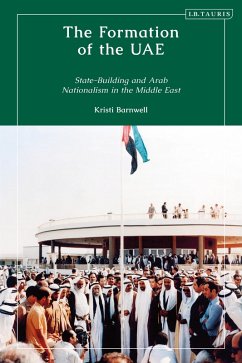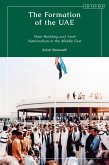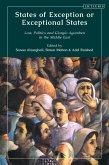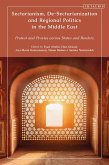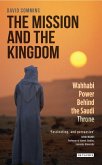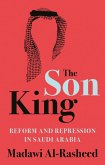December 2, 1971 ushered the United Arab Emirates into existence and marked the end of one hundred fifty years of British protection of the Arab states of the Gulf. Today, the UAE projects an image of modernity and prosperity; but before its formation, the emirates endured poverty and political upheaval while the rulers and people navigated the transition from autonomous city-states to modern nation states under informal British rule. This book shows how the Trucial States came to form a sovereign federation, paying particular attention to the role of nationalism and anti-imperialism.
Kristi Barnwell demonstrates that the ruling sheikhs of the Gulf Arab rulers in the Gulf strove to create their new state with close ties to Great Britain, which provided technical, military and administrative assistance to the emirates, while also publicly embracing the popular ideologies of anti-imperialism and Arab socialism that were still dominating the political discourse in the Arab world. In the process, she situates the Emirates' modern history in the broader narratives of the history of the Middle East. The research draws on primary source materials from British and American government archives, speeches, and government publications from the Arab Emirates, as well as memoirs and secondary sources.
Kristi Barnwell demonstrates that the ruling sheikhs of the Gulf Arab rulers in the Gulf strove to create their new state with close ties to Great Britain, which provided technical, military and administrative assistance to the emirates, while also publicly embracing the popular ideologies of anti-imperialism and Arab socialism that were still dominating the political discourse in the Arab world. In the process, she situates the Emirates' modern history in the broader narratives of the history of the Middle East. The research draws on primary source materials from British and American government archives, speeches, and government publications from the Arab Emirates, as well as memoirs and secondary sources.

